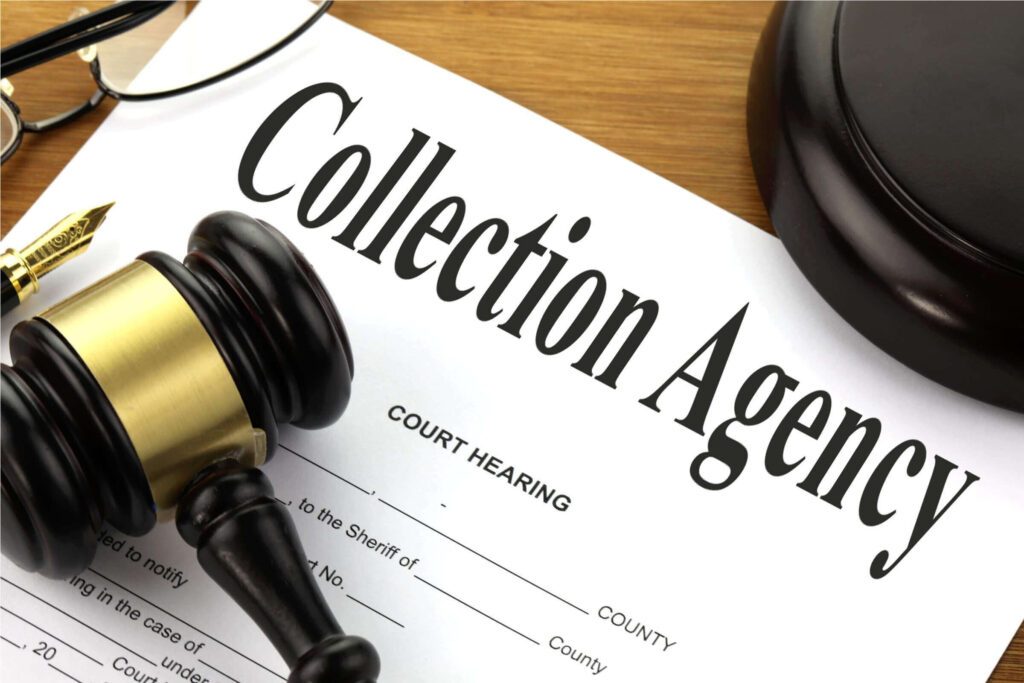Debt collection is a process where creditors or third-party agencies attempt to recover unpaid debts from consumers. While this practice is legally permitted, it must be conducted within the boundaries of consumer protection laws. Understanding your rights and responsibilities when dealing with debt collectors can help you navigate the situation effectively.
What Is Debt Collection?
Debt collection occurs when a lender, such as a credit card company or financial institution, seeks repayment for overdue balances. If the original creditor fails to collect the amount, they may hire a third-party debt collection agency or sell the debt to a company specializing in collections.
Debt collection agencies work under strict regulations to ensure fair practices. Some agencies may use phone calls, letters, or emails to contact consumers. In some cases, if the debt remains unpaid, legal actions such as wage garnishment or lawsuits may follow.
Your Rights Under the Law
Consumers are protected by laws such as the Fair Debt Collection Practices Act (FDCPA) in the U.S., which regulates how debt collectors can interact with individuals. Some of the key rights include:
-
No Harassment: Debt collectors cannot use threats, abusive language, or excessive calls to pressure you into paying.
-
Written Validation: You have the right to request a written notice detailing the amount owed, the original creditor, and how to dispute the debt if necessary.
-
Privacy Protection: Debt collectors cannot disclose your debt information to unauthorized parties, such as friends or employers.
-
Cease and Desist: You can request that a debt collector stop contacting you in writing. However, this does not eliminate the debt itself.
Additionally, debt collectors must operate within reasonable hours, typically between 8 AM and 9 PM. They cannot threaten legal action they do not intend to take or falsely represent themselves as attorneys or government officials.
How to Handle Debt Collectors
If you receive a call or letter from a debt collection agency, follow these steps:
-
Verify the Debt: Ask for written proof before making any payments to ensure the debt is legitimate.
-
Know Your Rights: Familiarize yourself with legal protections to prevent unfair treatment.
-
Negotiate a Payment Plan: If you owe the debt, consider negotiating a repayment plan that suits your financial situation.
-
Keep Records: Maintain detailed records of all communications with the debt collector.
-
Seek Legal Help if Needed: If a collector violates your rights, consult a consumer protection attorney or report the issue to the appropriate regulatory agencies.
Common Debt Collection Scams to Watch For
Debt collection scams have become a growing concern. Fraudsters may pose as legitimate debt collectors to extract money from unsuspecting individuals. Here are some warning signs:
-
Demanding immediate payment via unconventional methods like gift cards or wire transfers.
-
Refusing to provide written proof of the debt.
-
Threatening arrest or legal action if payment isn’t made immediately.
-
Contacting you about a debt you don’t recognize.
If you suspect a scam, report it to the Federal Trade Commission (FTC) or your local consumer protection agency.
Legal Recourse for Unfair Debt Collection Practices
If you believe a debt collector has violated your rights, you can take legal action. Some options include:
-
Filing a Complaint: Submit a complaint with the Consumer Financial Protection Bureau (CFPB) or the Federal Trade Commission (FTC).
-
Consulting an Attorney: Seek legal advice to determine if you have grounds for a lawsuit against the debt collector.
-
Seeking Damages: If you experience financial or emotional harm due to unfair collection practices, you may be eligible for compensation.
Avoiding Debt Collection Issues
To prevent future debt collection problems, consider these proactive measures:
-
Pay bills on time whenever possible.
-
Set up automatic payments or reminders to avoid missed due dates.
-
Review your credit report regularly to ensure accuracy.
-
Communicate with creditors if you’re experiencing financial hardship—they may offer alternative payment arrangements.
If you find yourself struggling with debt, financial counseling services can help create a strategy for managing your obligations and improving your financial situation.
Conclusion
Debt collection can be a stressful experience, but knowing your rights and responsibilities can make the process more manageable. By staying informed, communicating effectively, and taking proactive steps, you can address debt-related issues with confidence and protect yourself from unfair practices. If you face challenges, legal remedies are available to ensure fair treatment under the law. Understanding your rights and taking a proactive approach can help you regain financial stability while avoiding unnecessary stress.













